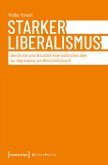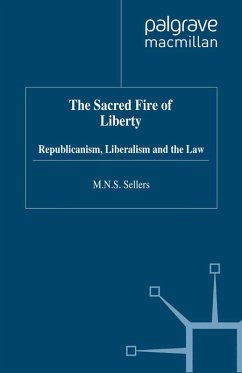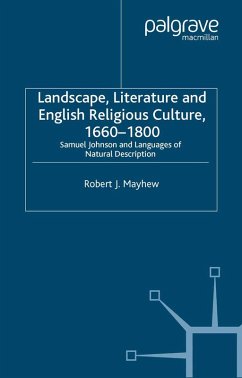For centuries Latin served as an international language for scholars in Europe. Yet as early as the first half of the seventeenth century, scholars, philosophers, and scientists were beginning to turn their attention to the possibility of formulating a totally new universal language. This wide-ranging book focuses upon the role that it was thought an ideal, universal, constructed language would play in the advancement of learning.The first section examines seventeenth-century attempts to establish a universal 'common writing' or, as Bishop Wilkins called it, a 'real character and philosophical language.' This movement involved or interested scientists and philosophers as distinguished as Descartes, Mersenne, Comenius, Newton, Hooke, and Leibniz.The second part of the book follows the same theme through to the final years of the eighteenth century, where the implications of language-building for the progress of knowledge are presented as part of the wider question which so interested French philosophers, that of the influence of signs on thought. The author also includes a chapter tracing the frequent appearance of ideal languages in French and English imaginary voyages, and an appendix on the idea that gestural signs might supply a universal language. This work is intended as a contribution to the history of ideas rather than of linguistics proper, and because it straddles several disciplines, will interest a wide variety of reader. It treats comprehensively a subject that has not previously been adequately dealt with, and should become the standard work in its field.
Dieser Download kann aus rechtlichen Gründen nur mit Rechnungsadresse in A, B, BG, CY, CZ, D, DK, EW, E, FIN, F, GR, HR, H, IRL, I, LT, L, LR, M, NL, PL, P, R, S, SLO, SK ausgeliefert werden.









